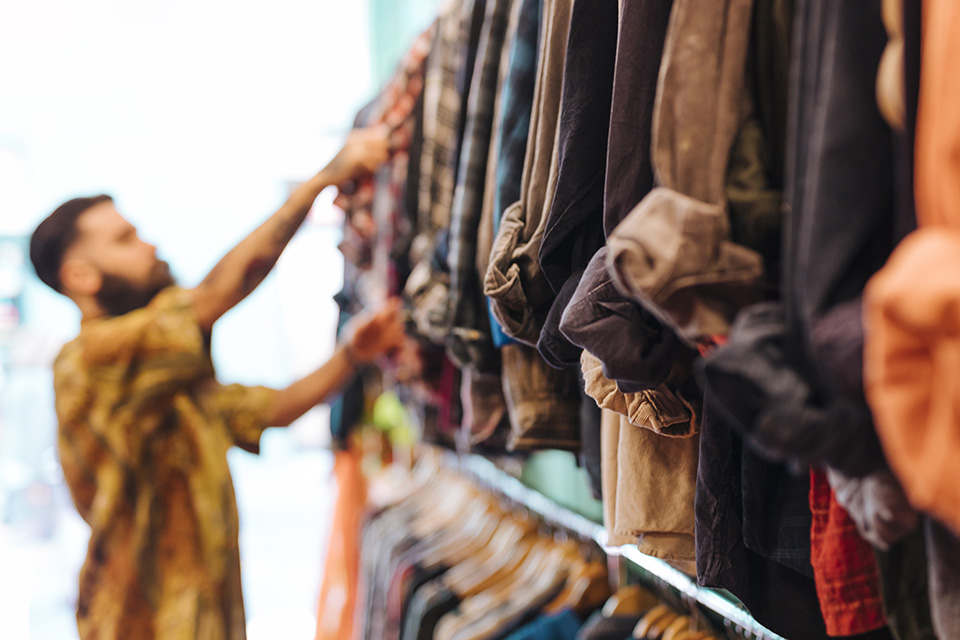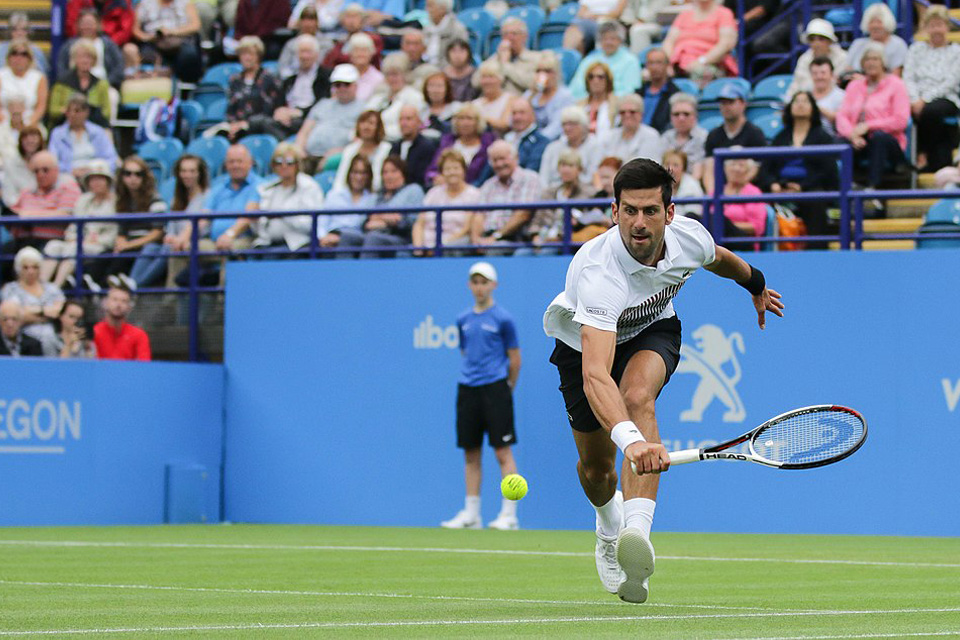- News
Saudia Group Signs Deal with Lilium for 100 eVTOL Jets
With the agreement, Saudia Group solidifies its goal of reducing Saudi Arabia’s carbon footprint and transforming the aviation experience.
Article Summary:
- Saudia Group enters an agreement with electric vertical takeoff and landing (eVTOL) manufacturer Lilium to produce up to 100 jets.
- The deal marks the largest order yet for eVTOL aircraft. It also solidifies Saudi Arabia’s commitment to reducing its carbon footprint and creating a more sustainable aviation experience and transport system.
Saudia Group has signed an agreement with Lilium for the purchase of up to 100 Lilium jets.
The aviation conglomerate entered the deal with the German electric air taxi manufacturer on July 18. Saudia and Lilium inked the agreement at Lilium’s headquarters outside of Munich.
Saudia Private CEO Fahd Al-Jarbou, Lilium CEO Klaus Roewe, and Lilium Chairman Tom Enders were present at the signing. German Ambassador to Saudi Arabia Michael Kindsgrab, His Excellency Engr. Ibrahim Al-Omar, and Saudia Group Director General were also present.
Saudia Group operates Saudi Arabia’s biggest airline carrier, Saudia. The carrier fully owned by the kingdom. In June, Saudia was recognized as the World’s Most Improved Airline at the 2024 Skytrax Awards.
Moreover, Saudia Group is one of the largest aviation conglomerates in the Middle East and North Africa region.
Lilium, meanwhile, is a leading aircraft developer and pioneer in Regional Air Mobility (RAM).
Saudia Group cements its commitment to sustainability
The deal, considered “binding,” is Lilium’s biggest order yet for its electric aircraft.
Under the agreement with Saudia Group, Lilium must produce up to 50 electric vertical takeoff and landing (eVTOL) jets. Moreover, Saudia Group will have the option to purchase up to 50 more. It also covers “guarantees on aircraft performance and provisions on spare parts, repairs, and maintenance.”
This follows a 2022 memorandum to explore battery-powered multi-rotor aircraft solutions for transportation challenges in the region.
In line with this, His Excellency Engr. Ibrahim Al-Omar remarked, “Saudia Group is proud to pioneer the MENA region as the first company to acquire all-electric eVTOL jets, which reflects our commitment to continuously reducing our carbon footprint and becoming an industry leader in regional electric aviation.”
Saudia Group and Lilium: Revolutionizing guest transportation
“The eVTOL jets are revolutionizing guest transportation,” His Excellency, Saudia Group Director General Engr. Ibrahim Al-Omar added. “Their unique vertical take-off and landing capabilities open up entirely new routes.”
“Imagine traveling up to 175 kilometers at speeds of 250 kilometers per hour, saving valuable time compared to traditional options.”
His Excellency Al-Omar also noted the benefits of the eVTOL jets to business travelers and event participants.
“This technology also tackles traffic congestion head-on. Business travelers and exhibition attendees will benefit tremendously from the ease and speed of electric aircraft, allowing them to seamlessly attend and participate in events.”
More importantly, Saudia Group’s purchase of these aircraft will be transformative for the tourism industry. In particular, it will be used to transport pilgrims between Mecca and Jeddah, as well as attendees of sporting events.
“These innovative vehicles will also be a game-changer for tourism, sports, and entertainment, offering a premium travel experience for these exciting destinations.”
eVTOL: The future of air transport
Speaking to Reuters, Lilium co-founder noted the cost of the entire order was approximately SAR 2.6 billion (USD 700 million).
The first of the jets—expected in 2026—will feature four to six seats, replacing road trips or short trips via planes or helicopters. These have an egg-shaped design with one fore wing and one aft wing. 30 battery-electric motors built into the wings power the aircraft.
Specifically, the first 50 jets are expected to be finished by 2029.
Similarly, China’s Ehang, as well as Eve and Joby, have also been tapping into the Saudi market.






